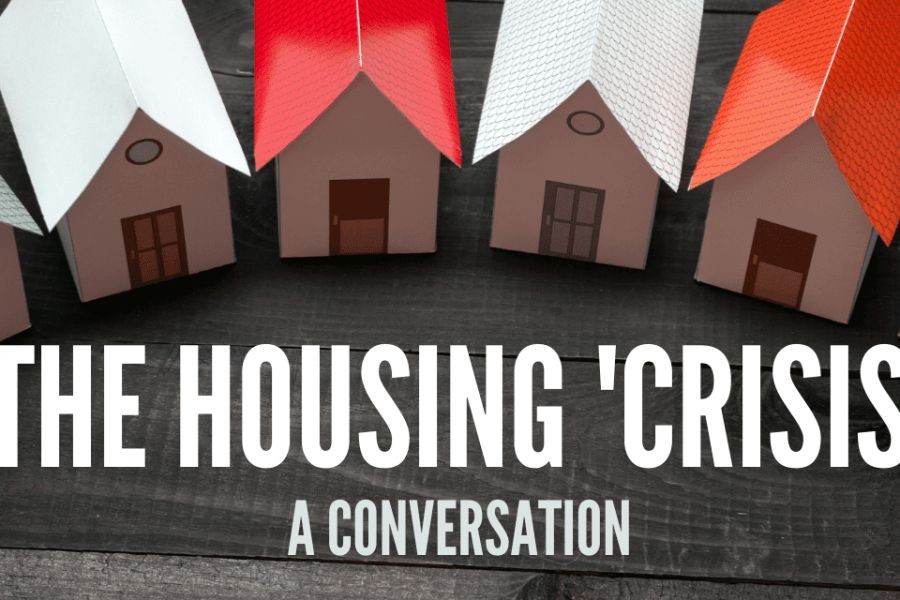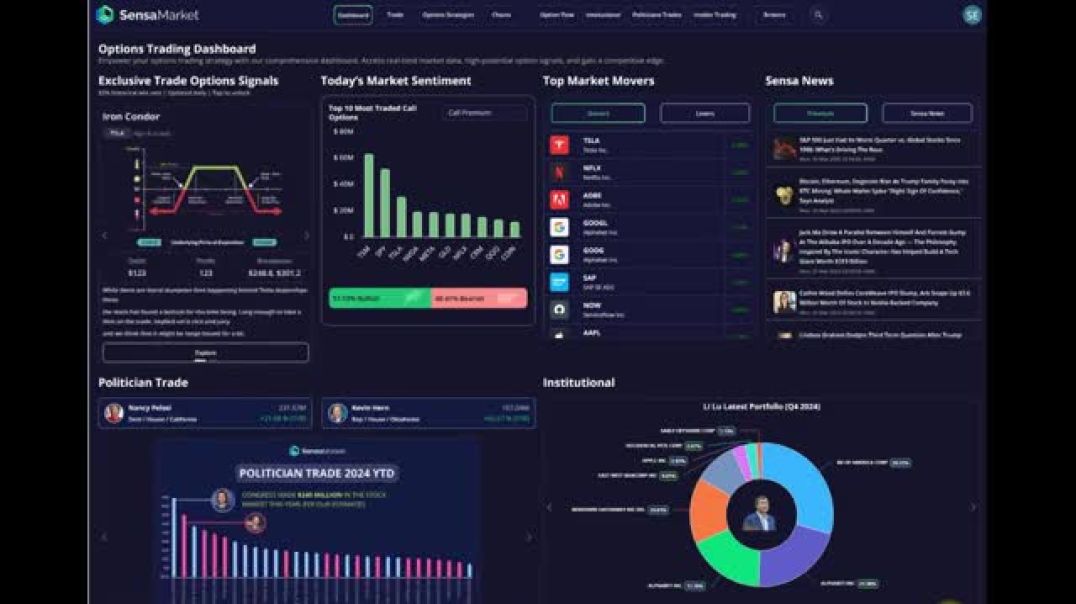In recent years, New Zealand's middle class has been shrinking, a trend that has profound implications for the country's economic and social fabric. This phenomenon, while not unique to New Zealand, is especially concerning given the nation's historical reliance on a stable and prosperous middle class to drive economic growth and social cohesion. This article dives deep into the reasons behind this decline, supported by data and real-world examples, and explores potential solutions to reinvigorate this vital segment of society.
The Erosion of the Kiwi Dream: A Stark Reality
Once synonymous with the Kiwi dream of a comfortable lifestyle, home ownership, and a secure future, New Zealand's middle class now faces mounting challenges. According to Stats NZ, the median household income has not kept pace with the rising cost of living, particularly in housing and education. A report from the Reserve Bank of New Zealand highlights that house prices have increased by over 60% in the past decade, outpacing wage growth significantly. This disparity has forced many middle-class families to tighten their belts, leading to a decreased quality of life and limited social mobility.
Case Study: Auckland's Housing Market
Problem: Auckland has become one of the least affordable cities in the world. The average house price in Auckland soared to over NZD 1 million, making it nearly impossible for middle-class families to purchase homes.
Action: To address this, the government introduced the KiwiBuild program, aiming to construct 100,000 affordable homes within a decade. However, the initiative faced numerous setbacks, including high construction costs and limited land availability.
Result: As of 2023, only a fraction of the targeted homes have been built, leaving many families still struggling to enter the housing market.
Takeaway: Innovative solutions and effective policy implementation are crucial to tackle housing affordability, a major contributor to the middle class's decline.
Income Inequality: A Growing Divide
Income inequality in New Zealand is another critical factor eroding the middle class. The gap between the wealthy and the rest of the population has widened, with the top 10% of earners accumulating a larger share of the nation's wealth. This trend is exacerbated by the lack of wage growth in middle-income jobs, as highlighted by a Deloitte report, which found that real wages for middle-income earners have stagnated over the past decade.
Myth vs. Reality: The Income Mobility Fallacy
- Myth: "New Zealand offers strong upward income mobility."
- Reality: Contrary to popular belief, the OECD reports that New Zealand's income mobility is below average compared to other developed countries, with many middle-class families experiencing stagnant or declining real wages.
Globalization and Technological Disruption
The forces of globalization and technological advancement have also contributed to the middle class's struggles. Automation and outsourcing have led to job displacement in traditional middle-class sectors, such as manufacturing and retail. A PwC report predicts that automation could affect up to 30% of jobs in New Zealand by 2030, disproportionately impacting middle-income earners.
Balanced Contrasting Viewpoints
While some argue that technological advancement creates new opportunities, critics point out that the benefits are unevenly distributed. For instance, while tech-driven sectors like software development are booming, they often require skills that middle-class workers may not possess, creating a skills gap that limits their access to these new opportunities.
Pros and Cons of Economic Policies
Pros:
- Economic Growth: Policies such as tax cuts for businesses can stimulate economic growth and job creation.
- Innovation Incentives: Investment in technology and innovation can lead to new industries and economic diversification.
Cons:
- Wealth Inequality: Benefits of economic growth often accrue to the wealthy, leaving the middle class behind.
- Job Displacement: Technological advancements can lead to job losses in traditional sectors.
Future Trends and Predictions
Looking ahead, the middle class's future in New Zealand hinges on several factors. A report by MBIE suggests that without significant policy changes, the disparity will continue to grow. However, with strategic investments in education, upskilling programs, and affordable housing initiatives, there is potential for revitalizing the middle class. The integration of technology must be accompanied by efforts to ensure that workers are equipped with the necessary skills to thrive in a changing economy.
Final Takeaways
- 🔍 Fact: House prices in New Zealand have outpaced income growth, exacerbating the middle class's struggles.
- 🔥 Strategy: Policymakers must focus on affordable housing and upskilling initiatives to support the middle class.
- ❌ Mistake to Avoid: Ignoring the skills gap created by technological advancements could leave many workers behind.
- 💡 Pro Tip: Embrace lifelong learning and adaptability to remain competitive in an evolving job market.
In conclusion, the decline of New Zealand's middle class is a multifaceted issue that requires comprehensive solutions. By addressing income inequality, housing affordability, and the impact of technological change, New Zealand can create a more equitable society where the middle class can thrive once again. What are your thoughts on this pressing issue? Share your insights below!
People Also Ask
- How does the shrinking middle class impact New Zealand's economy? A shrinking middle class reduces consumer spending, which is crucial for economic growth, and may lead to increased reliance on social welfare systems.
- What are the biggest misconceptions about New Zealand's middle class? Many believe upward mobility is easy in New Zealand, but data shows that income mobility is below average compared to other developed nations.
- What strategies can help reinvigorate New Zealand's middle class? Improving access to affordable housing, investing in education and upskilling, and implementing fair wage policies are key strategies to support the middle class.
Related Search Queries
- New Zealand middle class decline
- Housing affordability in New Zealand
- Income inequality in New Zealand
- Impact of technology on jobs in New Zealand
- Future of the middle class in New Zealand






























